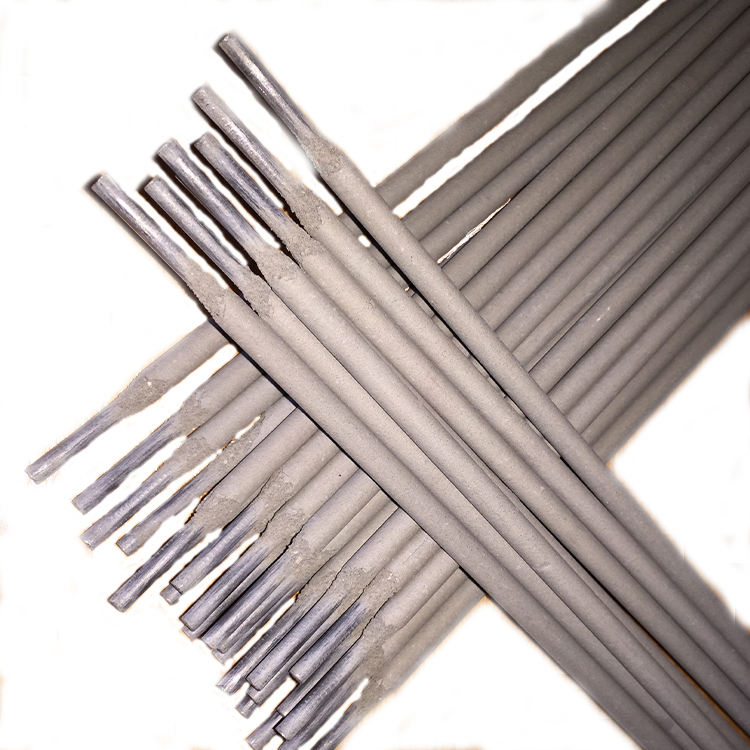Gas Shielded Welding Wire Manufacturing Facility Overview and Production Insights
The Evolution and Importance of Gas Shielded Welding Wire Factory
The manufacturing industry is decidedly progressive, continuously innovating to meet the demands of various sectors. One of the significant advancements in welding technology is the development of gas shielded welding wire. This essential component has transformed the welding processes utilized in construction, automotive, aerospace, and numerous other applications. In this article, we will explore the significance, manufacturing processes, and future prospects of gas shielded welding wire factories.
Understanding Gas Shielded Welding
Gas shielded welding, often referred to as Gas Metal Arc Welding (GMAW) or MIG (Metal Inert Gas) welding, utilizes a continuous wire electrode and a shielding gas to protect the molten weld pool from atmospheric contamination. The main advantages of this process include its versatility, speed, and ability to produce high-quality welds. The shielding gas, typically a mix of argon, carbon dioxide, or helium, plays a critical role in ensuring that the welded joint is robust and free from defects.
The welding wire is the heart of this process. It must possess certain properties, such as appropriate melting temperature, composition, and mechanical strength, to ensure that it can withstand the conditions in which the welding occurs. Wire diameters can vary significantly depending on the application, which makes the manufacturing process in gas shielded welding wire factories highly specialized.
Manufacturing Process
The production of gas shielded welding wire begins with the selection of high-quality raw materials, primarily steel with specific alloying elements. The process typically includes the following stages
1. Wire Drawing The raw material is first drawn into wires of the desired diameter. This process involves elongating the metal and reducing its cross-sectional area while ensuring that specific mechanical properties are maintained.
2. Coating After drawing, the wire is often coated with specific materials to enhance its performance during the welding process. This could involve applying a copper coating that aids in electrical conductivity.
3. Quality Control and Testing Ensuring the quality of the welding wire is crucial. Factories utilize various testing techniques, including tensile strength tests, chemical composition analysis, and interpass temperature tests, to confirm that the wire meets the required standards.
gas shield welding wire factory

4. Reel Production Finally, the finished wire is wound onto spools or reels, making it convenient for use in welding machines. These reels are then packaged for distribution to various industries.
Importance of Gas Shielded Welding Wire Factories
Gas shielded welding wire factories are vital for several reasons. Firstly, they supply an essential component that significantly impacts the quality and efficiency of welding operations. High-quality welding wire can enhance the mechanical properties of the weld, resulting in durable and reliable joints.
Secondly, these factories contribute to the economic growth of their regions by creating jobs and fostering technological advancements. The increasing need for sophisticated welding solutions has led to the expansion of these industries, allowing for innovation and improvement in manufacturing processes.
Moreover, environmental considerations have led many factories to adopt greener practices. This includes reducing waste during the manufacturing process and using eco-friendly materials wherever possible. By doing so, gas shielded welding wire factories not only ensure product quality but also commit to sustainability, which is becoming an essential factor in consumer choice.
Future Prospects
The future of gas shielded welding wire manufacturing looks promising. With advancements in technology, including automation and artificial intelligence, factories are expected to optimize production processes, thus increasing efficiency and reducing costs. Additionally, the rise of advanced materials and innovative welding techniques will pave the way for new product developments.
Furthermore, industries such as renewable energy and electric vehicles will continue to drive demand for high-quality welding wires. The need for robust, reliable welding solutions in these sectors means that gas shielded welding wire factories will be instrumental in supporting the transition to a more sustainable future.
Conclusion
In conclusion, gas shielded welding wire factories are essential to the welding industry, providing high-quality materials that ensure the reliability of welded structures and components. As technology progresses and the demand for advanced welding solutions increases, these factories will continue to evolve, ensuring they meet the needs of modern industries while promoting sustainable practices. The journey of gas shielded welding wire manufacturing is not just about production; it is about innovation and commitment to quality, which ultimately shapes the world around us.
-
E316L Welding Rod: Premium 316L Stainless Steel WeldsNewsAug.11,2025
-
Premium SG2 Welding Wire | High-Quality MIG/MAG for SteelNewsAug.10,2025
-
E309 Welding Electrode: Premium Stainless Steel Stick RodsNewsAug.09,2025
-
Premium Solid MIG Wire for Strong, Reliable WeldsNewsAug.08,2025
-
E6010 Cellulose Electrode: Deep Penetration Steel Welding RodNewsAug.07,2025
-
Premium E316L Welding Rod for 316L Stainless SteelNewsAug.06,2025


